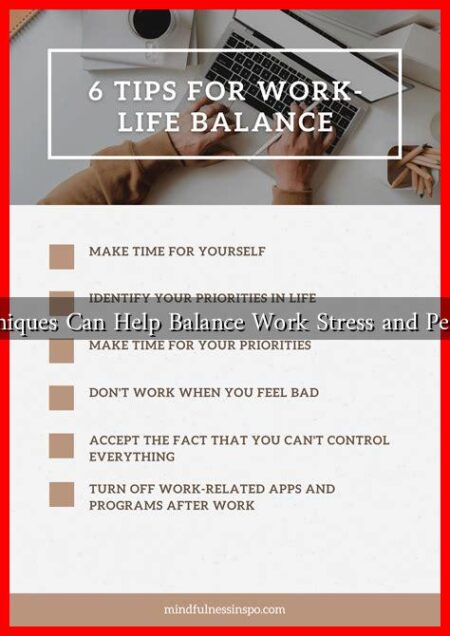-
Table of Contents
Can Happiness Replace High Salaries in the Workplace?
In today’s competitive job market, the debate over whether happiness can replace high salaries in the workplace is more relevant than ever. As organizations strive to attract and retain talent, understanding the relationship between employee satisfaction and compensation is crucial. This article explores the dynamics of happiness and salary, examining whether a fulfilling work environment can outweigh financial incentives.
The Importance of Happiness in the Workplace
Happiness in the workplace is not just a feel-good concept; it has tangible benefits for both employees and employers. Research indicates that happy employees are more productive, engaged, and loyal. According to a study by the University of Warwick, happiness can increase productivity by up to 12%. Furthermore, companies with high employee satisfaction often experience lower turnover rates, which can save significant costs associated with hiring and training new staff.
High Salaries: The Traditional Approach
For decades, high salaries have been viewed as the primary motivator for attracting talent. Many individuals prioritize financial compensation when considering job offers. However, the relationship between salary and job satisfaction is complex. While a high salary can provide immediate gratification, it does not guarantee long-term happiness. Here are some factors to consider:
- Financial Security: A high salary can alleviate financial stress, allowing employees to focus on their work.
- Job Role and Responsibilities: Employees may feel more satisfied when their roles align with their skills and interests, regardless of salary.
- Work-Life Balance: A high-paying job that demands excessive hours can lead to burnout, negating the benefits of a high salary.
Case Studies: Companies Prioritizing Happiness
Several companies have successfully prioritized employee happiness over high salaries, demonstrating that a positive work environment can lead to impressive results. Here are a few notable examples:
- Google: Known for its employee-centric culture, Google offers perks such as flexible work hours, wellness programs, and opportunities for professional development. This approach has resulted in high employee satisfaction and retention rates.
- Salesforce: Salesforce emphasizes employee well-being through initiatives like mental health days and volunteer opportunities. The company has consistently ranked high on lists of best places to work, showcasing the benefits of a happiness-focused culture.
- Netflix: With its “freedom and responsibility” philosophy, Netflix allows employees to take time off as needed, fostering a sense of trust and autonomy. This has led to a highly motivated workforce that values the company’s culture over mere financial compensation.
Statistics on Happiness vs. Salary
Several studies have explored the relationship between happiness and salary, revealing intriguing insights:
- A Gallup poll found that only 30% of employees in the U.S. are engaged at work, indicating that many are dissatisfied despite their salaries.
- The World Happiness Report ranks countries based on factors like income, social support, and life expectancy, showing that higher income does not always correlate with higher happiness levels.
- A study by the American Psychological Association found that employees who reported high job satisfaction were more likely to stay with their employers, regardless of salary.
Finding the Balance: A Holistic Approach
While high salaries can attract talent, organizations must recognize the importance of employee happiness. A holistic approach that combines competitive compensation with a positive work environment is essential. Here are some strategies for achieving this balance:
- Foster Open Communication: Encourage feedback and create an environment where employees feel heard.
- Promote Work-Life Balance: Implement flexible work arrangements to help employees manage their personal and professional lives.
- Invest in Employee Development: Provide opportunities for training and career advancement to enhance job satisfaction.
Conclusion
In conclusion, while high salaries can attract talent, they do not guarantee employee happiness or long-term satisfaction. Organizations that prioritize a positive work environment, employee well-being, and personal development are likely to see higher levels of engagement and productivity. As the workplace continues to evolve, finding the right balance between compensation and happiness will be crucial for attracting and retaining top talent. Ultimately, fostering a culture of happiness may prove to be more valuable than simply offering high salaries.
For further reading on workplace happiness and its impact on productivity, you can explore resources from the Gallup Organization and the World Happiness Report.


